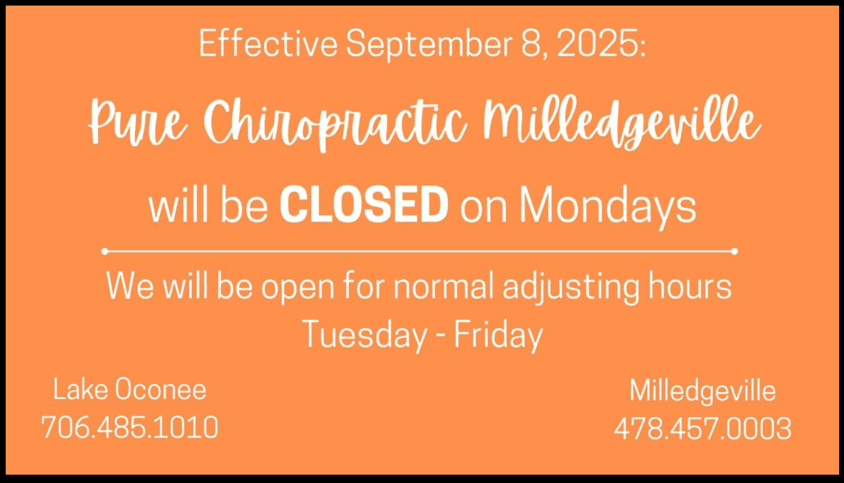
Ahh! One of our favorite holidays is here – Halloween! Children young and old have always loved the sweets and treats that accompany this day of ghoulish delights. The sweets of course are full one of the most addictive substances on earth. That’s right – sugar. Sugar by itself is natural and provides pleasant sweetness to our food or drinks but without controlled limits it may begin an addiction that will later end in obesity and other health hazards.
Sugar Stats
Sugar is in nearly everything we eat. In the typical western diet, the amount of sugar that has been added to food products brings our consumption of the sweet stuff up to 22.7 teaspoons per day. In order to extend the shelf life of processed food, sugar is also added. While we know that sugar is a huge contributor to weight gain, diabetes and heart disease, we still find it hard to resist. A study by researchers at Washington University found that we are naturally programmed from birth to crave sweet things. Human breast milk alone is very sweet due to the concentration of the sugar lactose, which means from day one we could develop a sweet tooth.
The Sweet Treat of Sugar and the Addiction
A current study has now shown how even the mere expectation of sugar can affect our cognitive ability. Scientists discovered that when study subjects swished sugar water around in their mouths and then spit it out, they performed better on cognitive tests than the subjects who had swished water that had been artificially sweetened.
When you consume sugar the hormone serotonin is released. Serotonin is released from the same area of the brain that responds to heroin and cocaine, which induces feelings of happiness and euphoria. It’s not always obvious where sugar is hiding in the foods we eat, but the more sugar we get, the more we want. A sudden rush of sugar spurs the release of insulin, which causes the infamous “sugar crash” and makes us crave even more to combat it.
The Trick of Breaking the Addiction To Sugar!
However, it is possible to overcome an addiction to sugar. The key is to gradually use less where you can, such as in coffee or tea and in your breakfast cereal. You can also reduce or eliminate your consumption of soda and water down any fruit juices you may drink. After a while, your body will adjust to the taste. After a few months, if somebody suddenly gives you a coffee with sugar in it, you may find it tastes odd.
Try to avoid buying desserts from the store, and if you make your own, reduce the amount of sugar that is given in the recipe. Many baked goods can use unsweetened applesauce as a substitute for 2/3 of the sugar required.
Our evolution has made it difficult to resist sugar, but it’s not impossible, and the less sugar you eat, the better it will be for your overall health. If you need more information please ask our office. Our team is here to help you maximize your optimal potential!
For Your Health,
Dr. Ted Smith and

